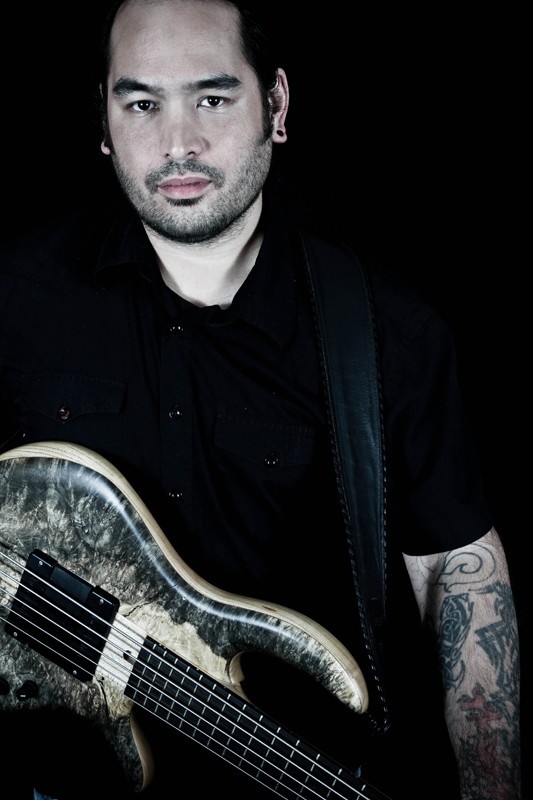Being the backup
Winnipeg session musicians discuss the lows and highs of being commissioned to compose, record and tour
In Winnipeg resides a wealth of session musicians - men and women who are regularly commissioned to record and play backup for the big name acts.
“Its kind of like when you go see a movie,” explains multi-instrumentalist Paul Yee. “All the actors are glorified but the crew is never mentioned. Both are equally important, though.”
Yee began his career recording music for other local Winnipeg musicians. Since then, he’s done work for Canadian Country Music Award winner Doc Walker, ex-Megadeth guitarist Glen Dover and country singer-songwriter Willie Mack.
As well, Yee’s worked on various documentary film soundtracks.
“Some people don’t want to be famous, they just want to play music,” said Yee. “We’re lucky to have artists that want to be radio stars. Without them, we would have no careers.”
Yee explained that there’s a cohesive relationship between celebrity musicians and session musicians. Celebrity musicians need session musicians to be musically creative and to engineer music; session musicians need celebrity musicians so they can get jobs.
For Darren Savard, a professional guitar player formally sponsored by Gibson, one of the greatest challenges of the job is adapting to different musical styles.
“I once underestimated Elvis’s style,” said Savard, who plays in a few cover bands. “It’s my job to make cover music sound perfect - exactly like the recordings. For Elvis, a lot of it’s pretty sloppy playing. You have to learn to copy every mistake perfectly - that’s the only way to be authentic.”
“ Time is money in recording. People pay thousands of dollars. You have to be able to bang a song out perfectly on the first or second take.
Paul Yee, session musician
When Savard’s learning a new style, he’ll practice over six hours a day.
Yee also cites the demand for perfection.
“Time is money in recording. People pay thousands of dollars. You have to be able to bang a song out perfectly on the first or second take.”
The life of the session musician can also be a trying one. Irregular income and schedules, common repetitive stress injury from hauling gear and the temptations of alcohol are all part of the job.
“There are hazards for sure,” said Curtis Nowosad, a freelance drummer. “When part of your job is selling drinks at bars - and you get to drink all the time - it can have really negative effects on people.”
“January is often a dry month,” added Savard. “If you’re not pacing yourself, money can get very tight.”
Technology, though, has helped ease some of the session musician’s burden.
As opposed to flying to different provinces or countries in order to do studio work, Yee, for example, regularly records tracks for clients in his own house. When he’s done, he simply emails them to producers.
“It’s super convenient just to record in my pajamas,” he said. “But it really takes from the act of being in a room and feeding off other musicians. I miss the musical relationship when I record alone, out of my home. Personal studios and emailing tracks can’t replace that.”
Because of Winnipeg’s small size, it’s easy for session musicians to network with each other and seek out work.
“The amount of musicians versus the size of the scene in the city is ridiculous,” said Nowosad. “Because of this, its easy to branch out into different styles. Jazz scenes mix with hip hop scenes and musicians end up seeking out gigs they wouldn’t normally seek out.”
“I’m busy all the time,” said Yee. “I play guitar, bass and drums. I don’t care about being famous though. We do this because we love it.”
Published in Volume 65, Number 20 of The Uniter (February 24, 2011)







